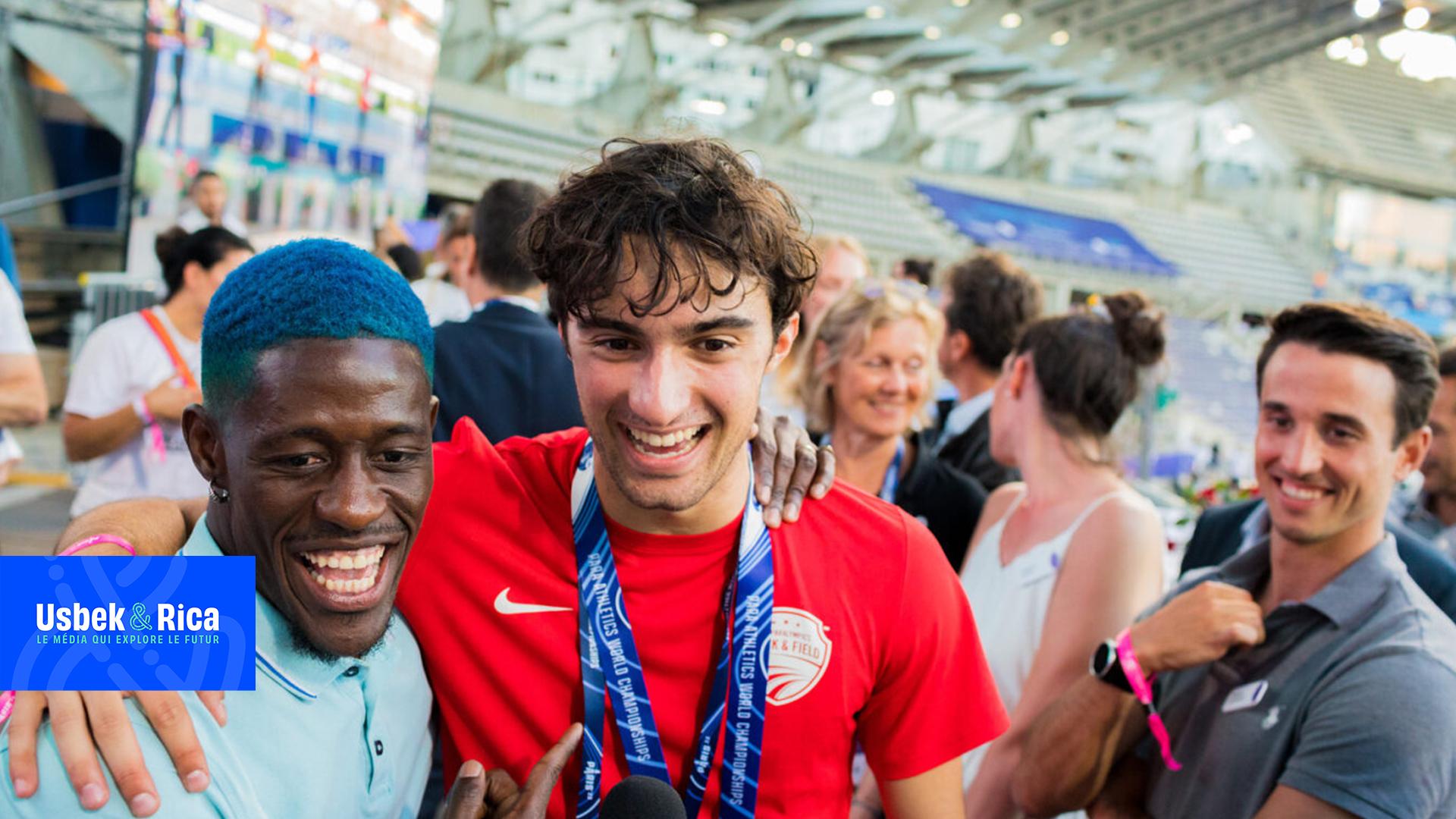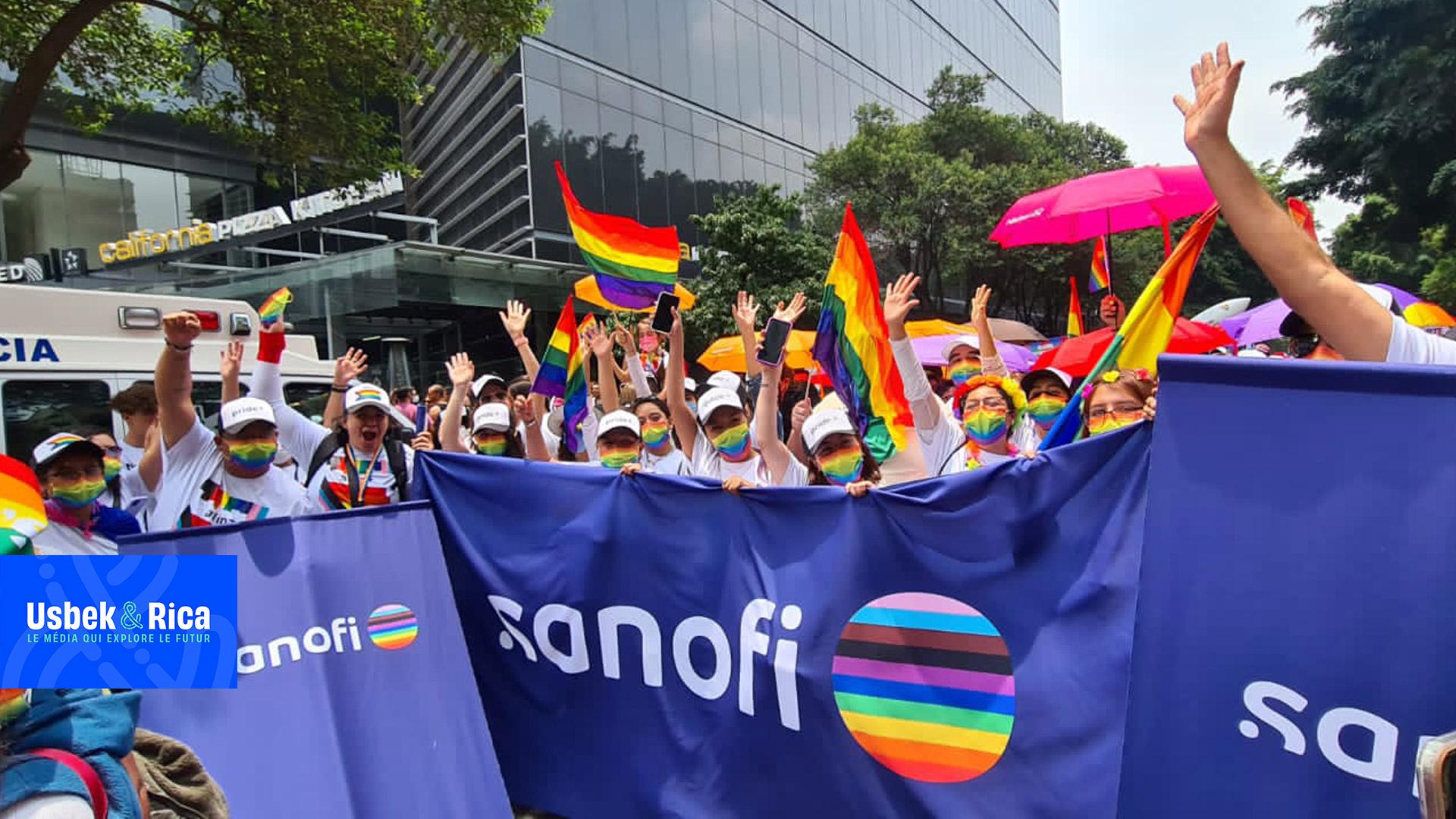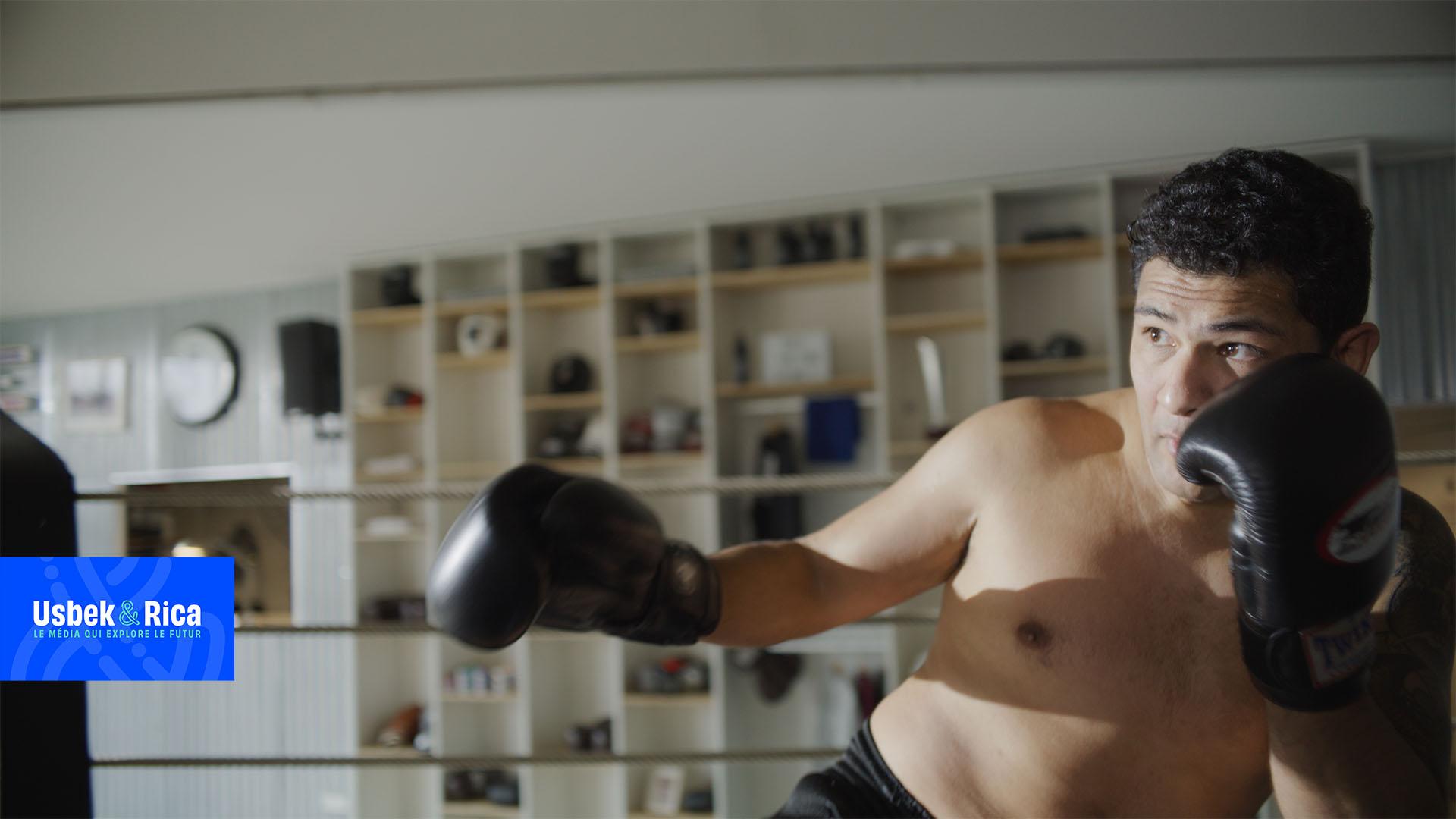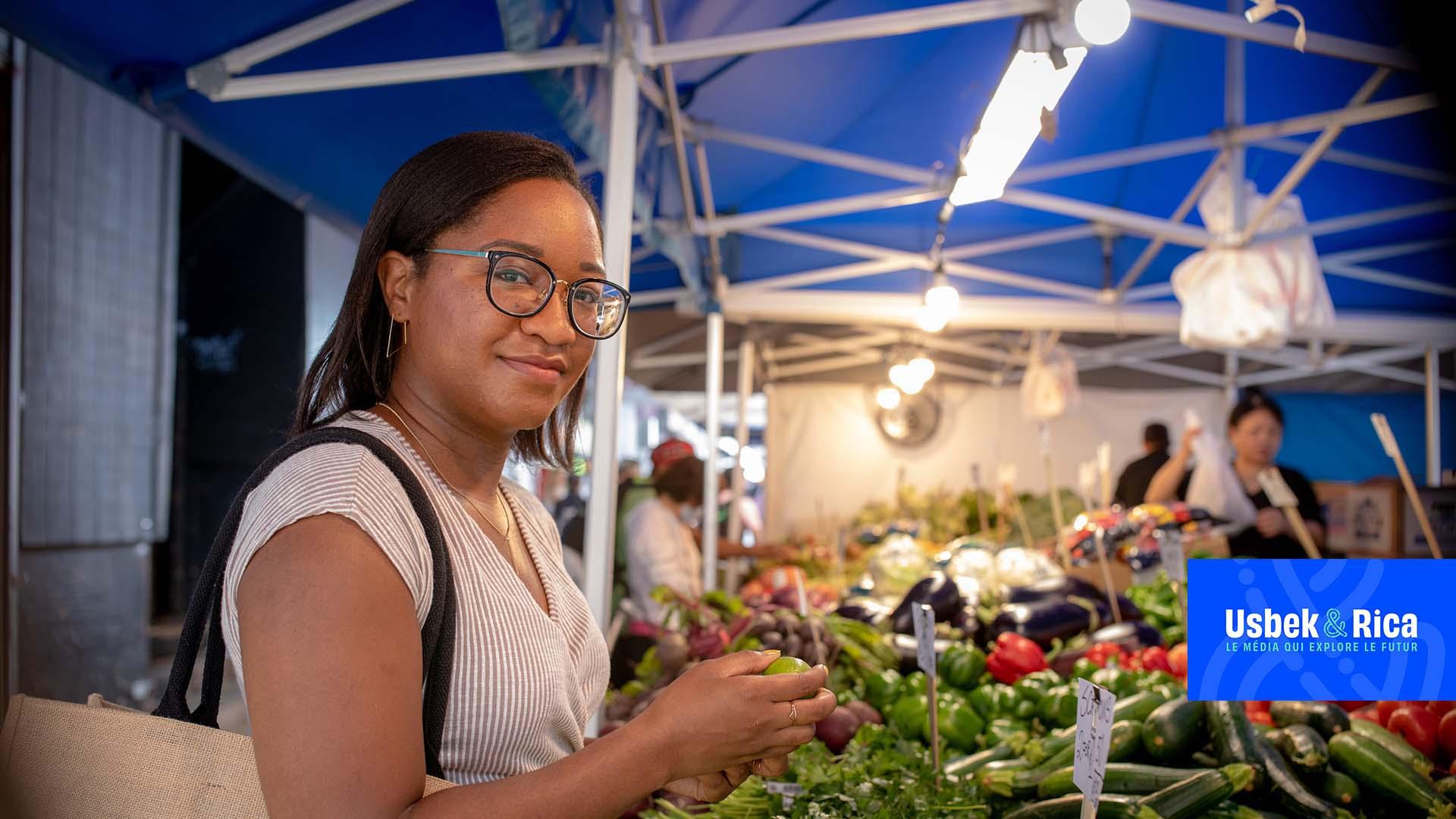What kind of inclusive society in 2050?
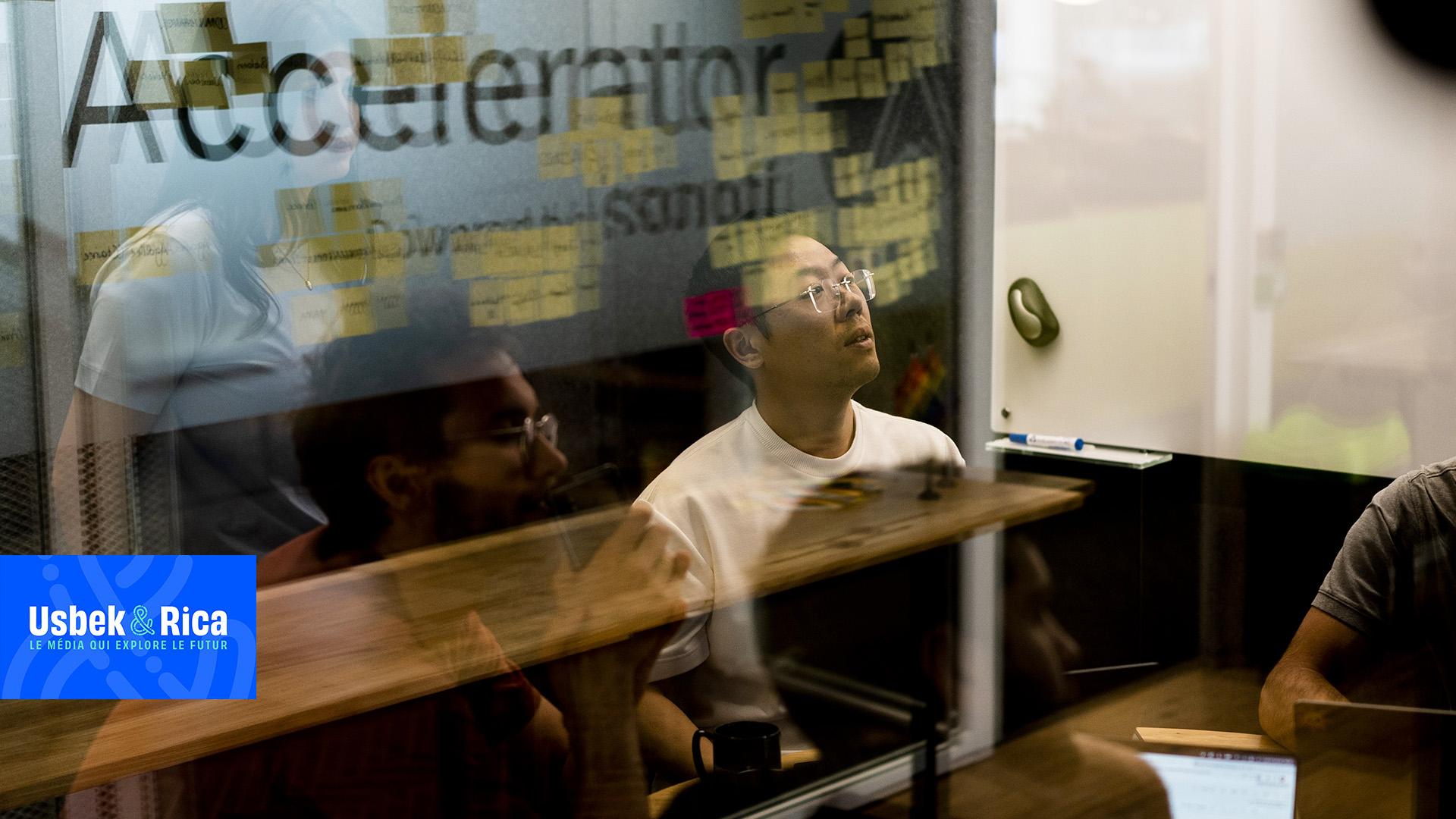 Team of developers, Accelerator Paris, France - copyright @ Simon Buxton
Team of developers, Accelerator Paris, France - copyright @ Simon BuxtonTo conclude this series of articles on inclusion and sport, Sanofi, alongside Usbek & Rica, is imagining today's society in the year 2050. This fictional story takes us into a world where,with the help of their companies, employees can swap homes to have IVF in different parts of the country, where they can decide to work online in cooler climes for several months of theyear and, above all, where the world has become a more welcoming place for everyone. It's been a long road towards greater inclusion and diversity. We tell you all about it here.
"GPT-14, who won the blind football final yesterday?" asks Amel in the coolness of her troglodyte room. In this particularly hot summer, the houses, built into the hill sides, have been snapped up. Amel had no trouble swapping accommodation with a colleague based in the south of France, she tells us. "Chris and her girlfriend are having IVF. Our company put us in touch to swap accommodation, which is great."
It was perfect timing. Amel had planned to go on holiday in a cooler climate. In Paris, the temperature was as high as in Canberra in 2020. "Finding a holiday somewhere cool and relatively cheap is very challenging today". For the IVF procedure in Paris, the company acted as matchmaker between Amel and Chris, who work in the same team. Amel is based eight months of the year in Paris - the rest of the time, she has negotiated work placements that she takes "where it's a bit more liveable". Chris lives in a small house in Isère.
Chris agrees that finding accommodation to go through a straight-forward treatment like IVF is simpler now. "It’s so much easier than what our mothers and grandmothers went through..." In 2022, out of 20,000 + applications, only 2,000 treatments were registered in France, forcing women to use their life savings for a procedure abroad. “It was the Stone Age", she says with indignation, when reminded of the figures. “It's a lot simpler now. Mypartner and I have requested our IVF leave. And when the baby arrives, we'll share the maternity leave.“
Better with less
This housing exchange scheme facilitated by companies is a legacy of the Common Sense Plan of the 2030s, which imposed renovation, repair, deconstruction, maintenance and common sense as cardinal virtues of the economy. In short, doing more with less.
The first pandemic in 2020 left thousands of offices empty for months, even for years. As companies reorganised and employees challenged the sacrosanct value of work , the office lost its hegemony. Faced with an unprecedented materials and energy crisis, and in response to the climate emergency, the economy had to rethink its approach.
After providing decent housing in renovated vacant spaces for the most vulnerable citizens, new empty spaces were reclaimed by the public and turned into communal living spaces. Thanks to a proactive inclusion policy ,the 2024 Olympic Games laid the foundations for a city that cares for the population in its entirety.
"Our aim is to support existing projects. There are solutions, but there is limited capacity todeploy them on a larger scale or to benefit a wider public", said Marie Barsacq, Director of Impact and Legacy for Paris 2024, in a 2023 interview with Usbek & Rica.
The Games aspire to leave a social legacy, centred on inclusion, and based on the existing fabric of associations, businesses, and materials. With empty spaces now reclaimed, existing initiatives being promoted and sustained, and inclusive practices embedded in the programming and in partner companies, the Games have set the tone.
For everyone
"Those years saw a marked change in the representation of inclusion and diversity", recalls Christelle Foucault, then Sanofi’s Director of Diversity and Engagement at the Games.
Paris 2024. The finals of the Paralympic sports are making the hearts of sports fans beat faster. They are watched by several million television viewers, and that's a first! From then on, nothing will be the same. Following on from the spotlight, athletes who had long been seen as positive symbols of inclusion and diversity emerge from a niche media prison and enter the mainstream as models of resilience and tolerance.
"D&I (diversity and inclusion) is no longer part of public and corporate policy", the former director goes on. The battle for imaginations and representations has finally been won, thanks to Ezra Frech, Nantenin Keita and Davide Morana, and the great technological revolution that began in the 2020s.
Industry is the New Sexy
"It's hard to believe it today, but at the time, industry was virtually dead". The first pandemic was a cruel reminder of a moribund French industry, with its dependence on other countries for growth and lack of diversity. Women’s share of the workforce stagnated at just 30%. The proportion of workers with disabilities in factories was so low that there were no figures available. Machinery was unsuitable for them because it was too heavy and difficult to handle.
"In the 2030s, industry got equipped with digital twins, cobotics and AI, and attracted younger and more diverse profiles as a result", says Ana Alves, who was Sanofi Director of Industrialisation for mRNA Vaccines in 2023. During the first pandemic, Ana Alves found herself on the front line, as she ran a factory producing paracetamol.
"In the years that followed, the industrial landscape changed. Young people, older people, women, and people with disabilities started filling the ranks". Industry became the New Sexy and partly saved the economy when a third global pandemic broke out.
Today, on 9th January 2050, long gone are the days when progress towards a more inclusive society meant that the world was reduced to hammering home the message that “measurement is progress" for our reassurance. "It’s been a long road, but the way is clear now” says Ana Alves in conclusion.
Discover more
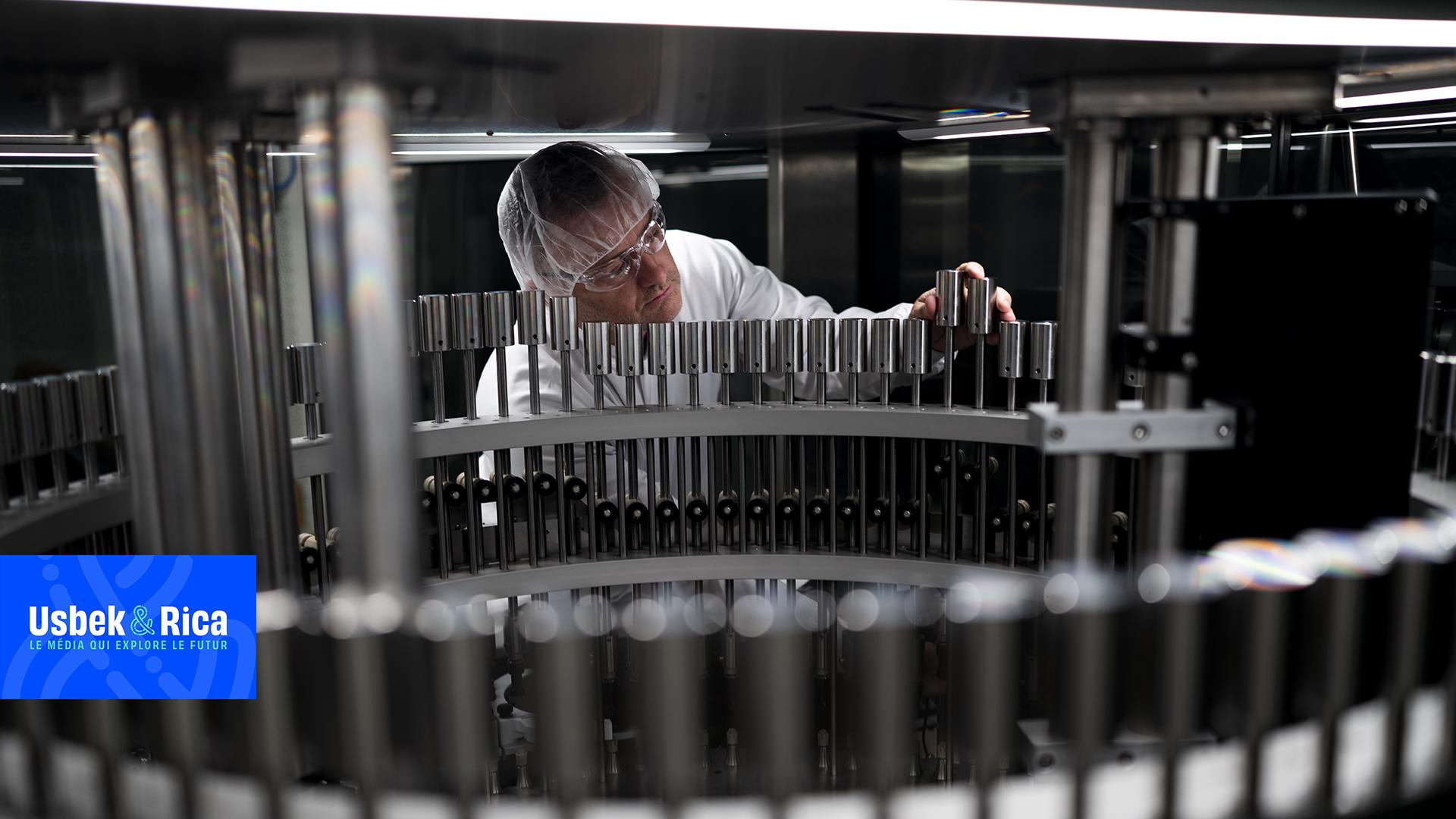
January 25, 2024
